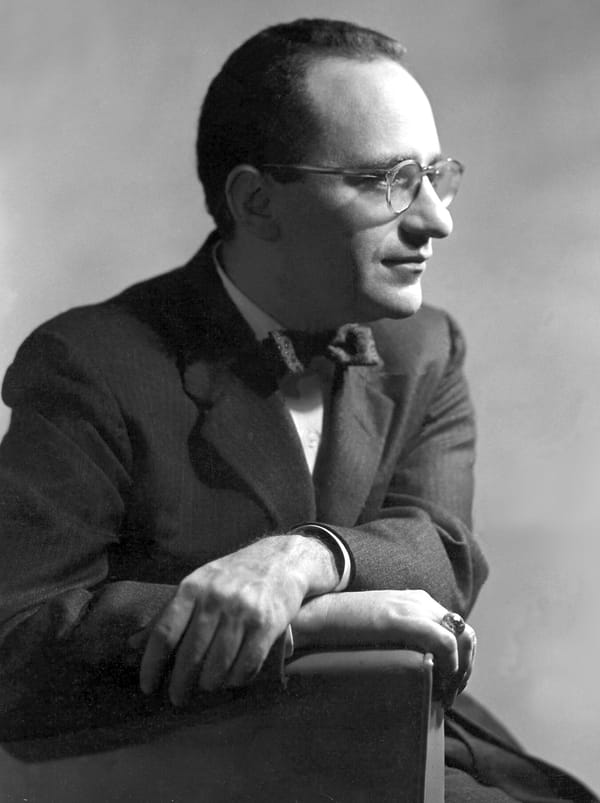Libertarians and Marxists misunderstand one another in corresponding ways, with each camp undervaluing the sophistication of the other’s ideas. To many libertarians, Marxism is a crude recipe for tyrannical “collectivism” and the centralization of life under the state, rather than a painstakingly developed model of historical change with class at its center. For many Marxists, meanwhile, libertarianism is little more than an adolescent celebration of selfishness and irresponsibility, rather than a profound reckoning with the problem of imperfect knowledge and its implications for human freedom.
“The ruling interests of our society are non-ideological.”
An even more serious misunderstanding has to do with how each camp assesses the power of the other. To wit, both libertarians and Marxists tend to believe that the others’ ideas have had a profound influence on the shape of Western political economy. In fact, neither idea has had any real influence on economic arrangements in the West, for the simple reason that these arrangements reflect interest, not ideology. It is critical for radicals of all stripes to recognize that the ruling interests of our society are non-ideological and thus not susceptible to ideological influence. Today, there is a vibrant, energized crop of thinkers on the right, from neo-Hamiltonian nationalists to traditionalist Catholics and techies inspired by the post-libertarian writings of Nick Land and Curtis Yarvin. But most of these thinkers are likely to see their ideas either vanish into obscurity or appropriated and modified to serve elite interests. They would do well to learn from the negative example of the libertarians who preceded them.
